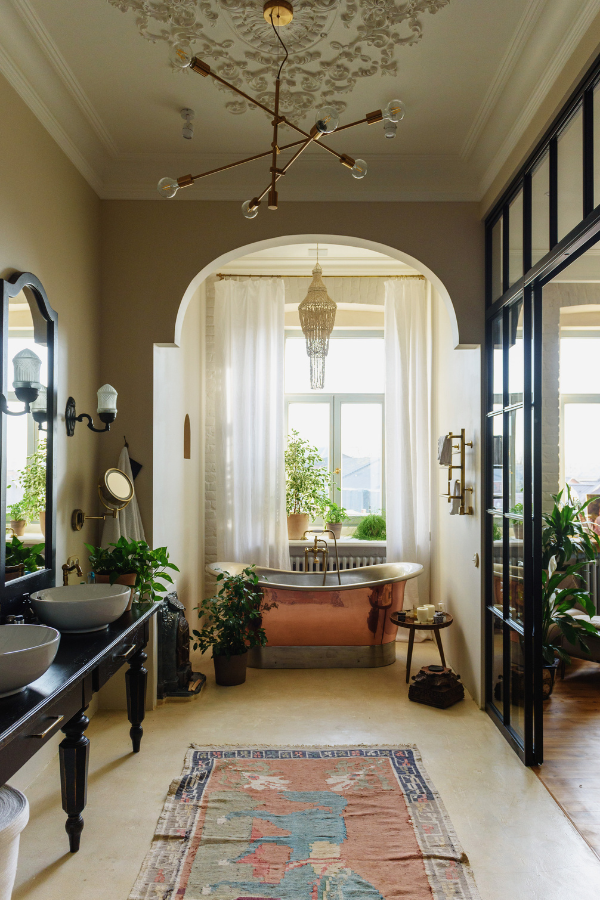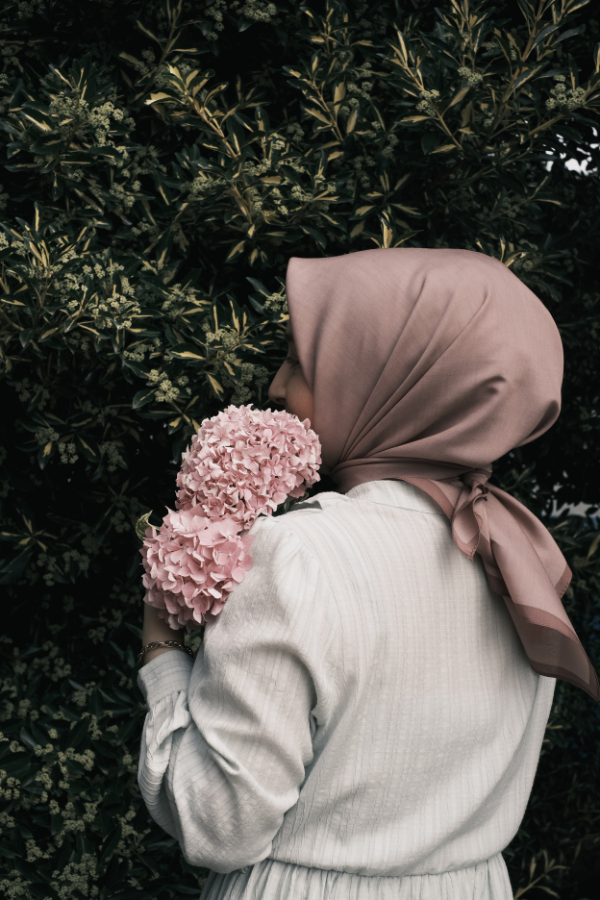

Hypoallergenic Flowers for Friends and Lovers with Allergies
Summary
From roses to tulips to lilies, these hypoallergenic flowers are perfect for friends and lovers with allergies. Learn which blooms are less likely to trigger allergic reactions and get tips on creating beautiful, allergy-friendly floral arrangements that can be enjoyed by everyone.
Reflection Questions
- How can you incorporate hypoallergenic flowers into your gifting routine to show thoughtfulness and consideration for recipients with allergies?
- Which hypoallergenic flowers from the article do you find most appealing, and why?
- What strategies can you use to ensure your floral arrangements are both allergy-friendly and aesthetically pleasing?
Journal Prompt
Think about someone in your life who has allergies. Write about how you would create a special floral arrangement for them using the hypoallergenic flowers mentioned in the article. Reflect on how selecting these flowers demonstrates your care and attention to their well-being, and consider how this approach can enhance your relationships through thoughtful gestures.
Flowers, those universal symbols of beauty and sentiment, have a knack for transforming joyous occasions into sneezing fits and itchy eyes for allergy sufferers grappling with pollen allergies. The struggle is real! Luckily, there are many hypoallergenic flowers that even those prone to hay fever can joyfully embrace without suffering allergic reactions. Read on for a list of our favorite hypoallergenic flowers to gift the allergy sufferer in your life.
Understanding Flower Allergies
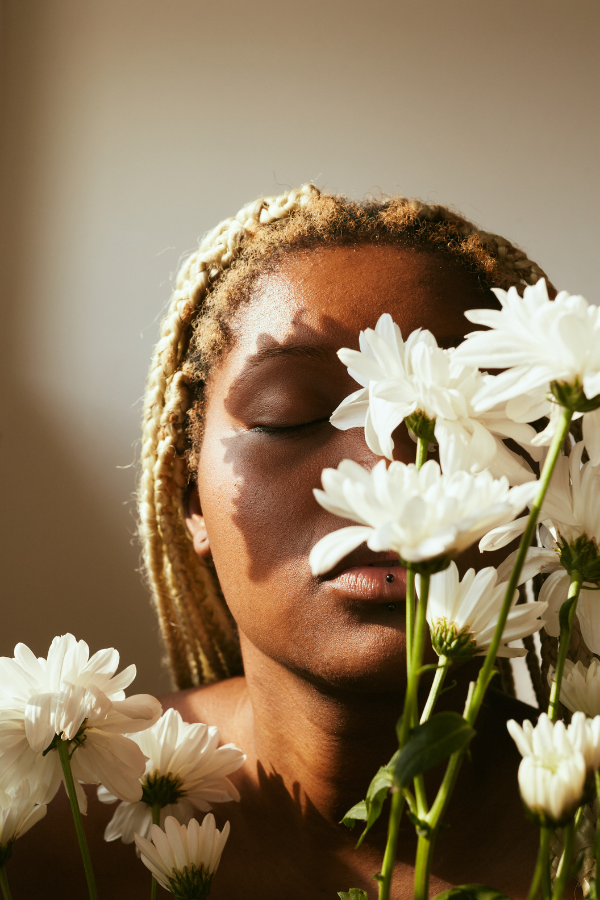

Allergic reactions to flowers, primarily triggered by airborne pollen, result from the immune system’s response to perceived threats. Pollen, the microscopic powder produced by flowering plants, can be a major culprit. When inhaled or comes into contact with the skin, it can provoke an immune response, leading to various symptoms. Many experience allergic rhinitis or “hay fever.”
Common symptoms experienced by people with flower allergies include sneezing, runny or stuffy nose, itchy or watery eyes, and skin irritations, often exacerbated during seasonal allergies. In severe cases, it may escalate to more intense reactions like shortness of breath or hives.
Choosing hypoallergenic flowers becomes crucial for allergy sufferers, as these blooms boast a very low pollen count or possess characteristics that make them less likely to trigger allergic reactions. Discovering the most hypoallergenic flowers ensures that the gesture of gifting or decorating with blooms remains a delightful experience, minimizing discomfort for those with flower allergies.
What Are the Worst Flowers for Allergy Sufferers?
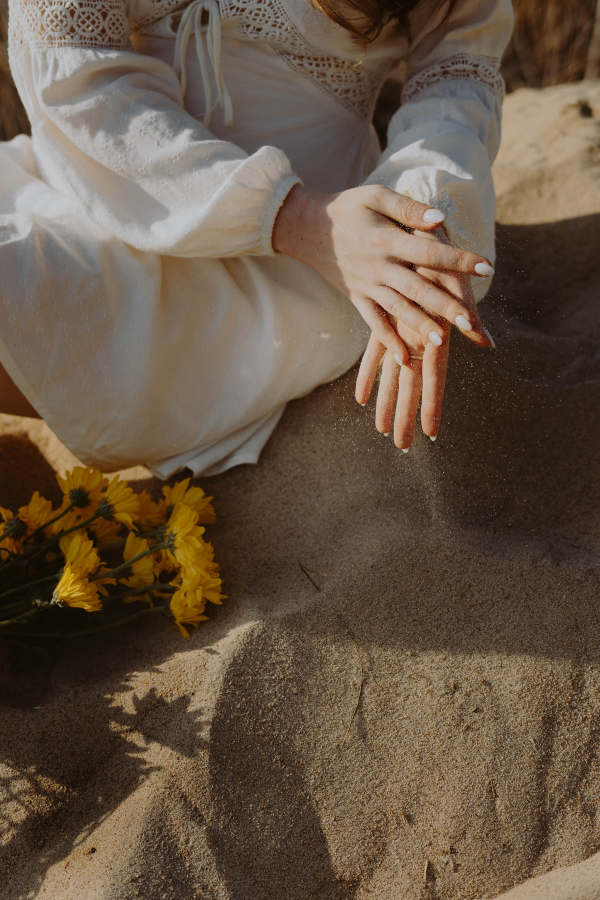

For allergy sufferers, certain types of flowers can exacerbate symptoms due to their pollen. It’s important to note that it’s typically not the showy, colorful flowers that are the main culprits, but rather those that produce small, lightweight pollen that can be easily carried by the wind. Some of the worst flowers for allergy sufferers include ragweed, daisies, chrysanthemums, sunflowers, and jasmine.
Hypoallergenic Flowers for Your Friend with Allergies
Roses
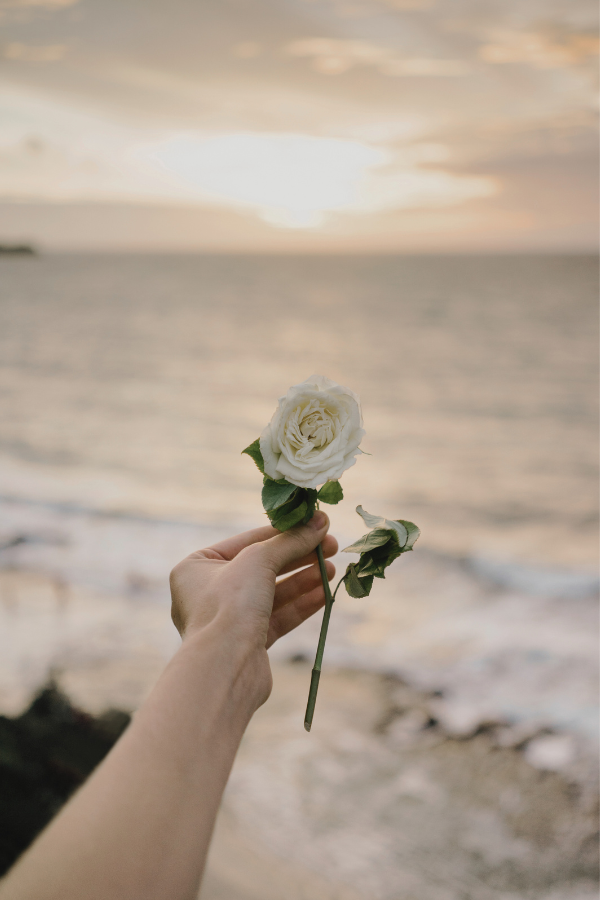

Known for their timeless beauty, roses, especially tightly petaled varieties, are the best choice for allergy sufferers. These hypoallergenic flowers produce minimal pollen, reducing the risk of triggering allergic reactions. The compact arrangement of petals also limits exposure, making them a safe and elegant option, especially for wedding flowers.
Tulips
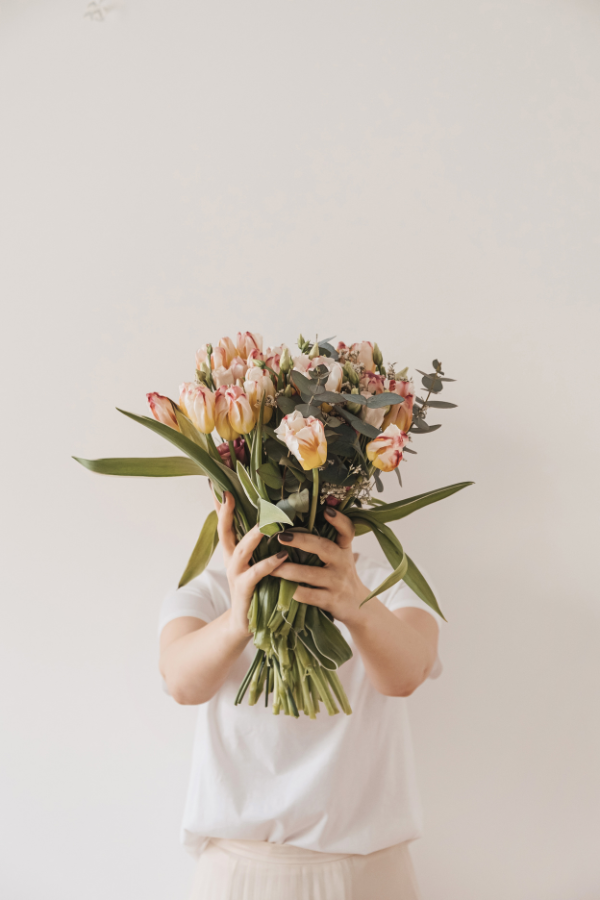

Tulips, with their vibrant colors and sleek design, stand out as one of the best flowers for allergies. These hypoallergenic blooms have a lower pollen count, making them less likely to cause discomfort during allergy season. With a simple and elegant structure, tulips bring beauty without compromising on sensitivity, making them ideal for both garden plants and floral arrangements.
Orchids
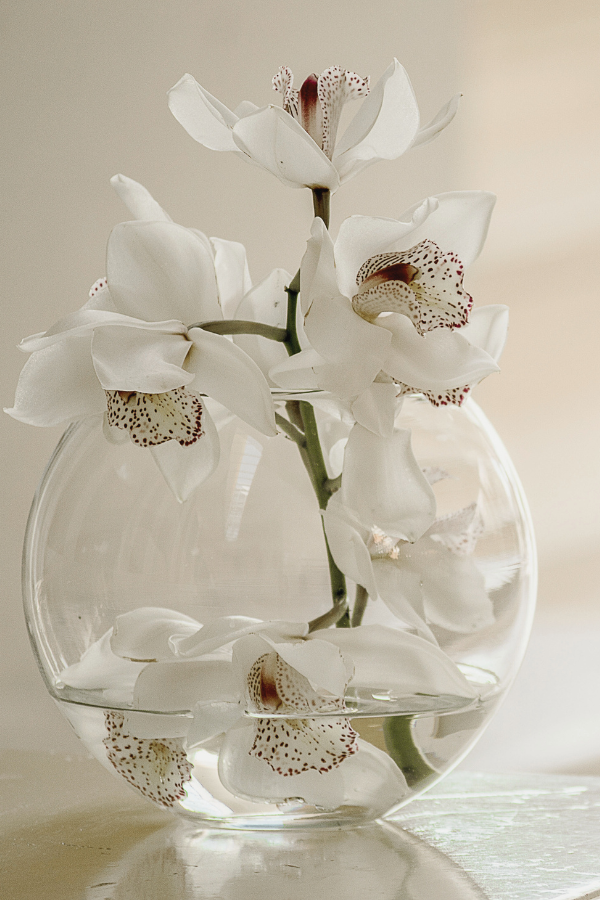

Exotic and captivating, orchids emerge as an excellent choice for allergy sufferers, whether used as wedding flowers or in everyday settings. With an extremely low pollen count, these hypoallergenic flowers are less likely to trigger allergic reactions during allergy season. Their unique and intricate blooms add a touch of sophistication without compromising the well-being of sensitive individuals.
Peonies
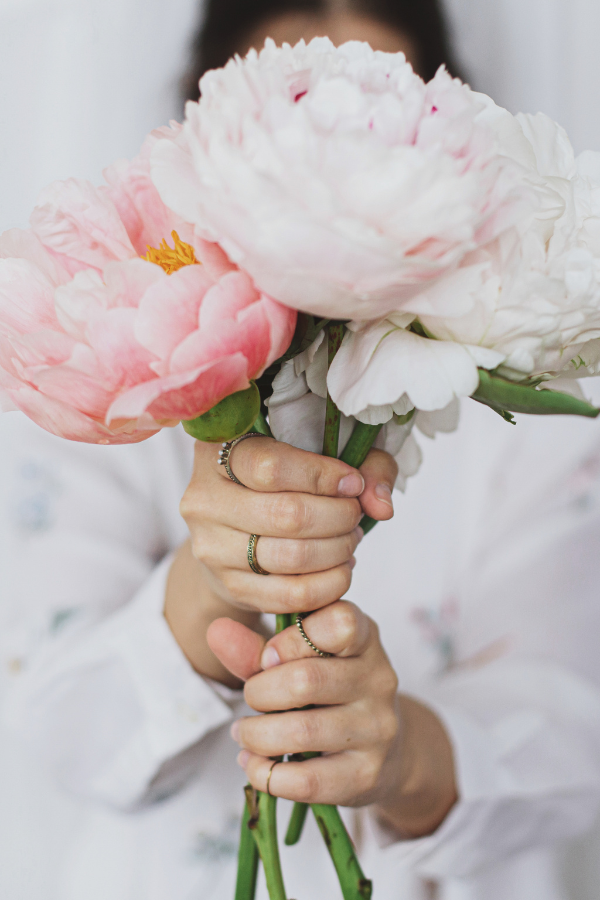

With their lush and voluminous petals, peonies are a delightful choice that won’t compromise on comfort. These flowers have a low pollen count, making them suitable for allergy sufferers. The opulent appearance of peonies adds a touch of romance to any arrangement, ensuring a sniffle-free experience.
Irises
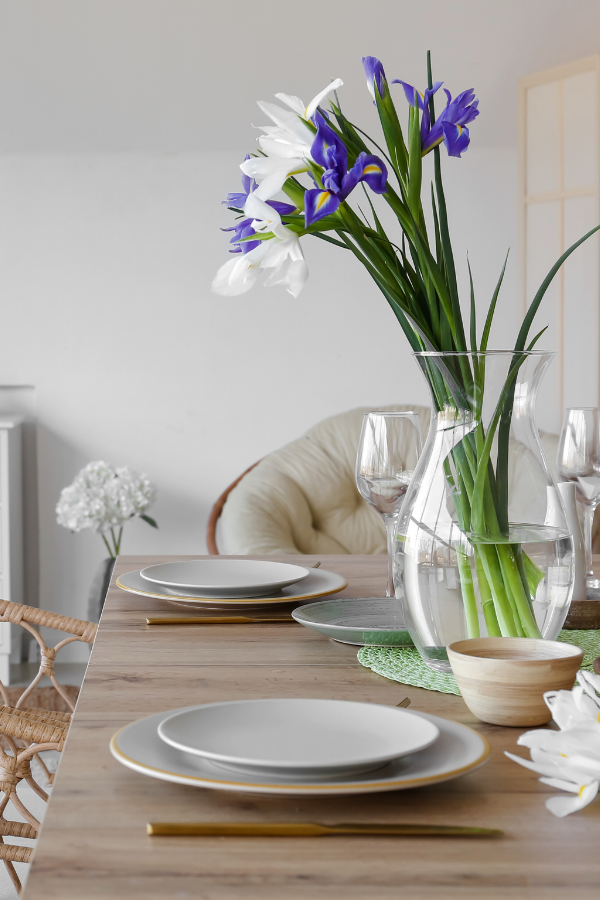

Irises, with their distinctive shape and vibrant hues, are not only visually striking but also friendly to allergy sufferers. Producing minimal pollen, they are considered one of the best flowers for people with allergies. Their elegant appearance makes them a safe and beautiful choice for gifting or decoration, suitable for allergy season.
Hydrangeas
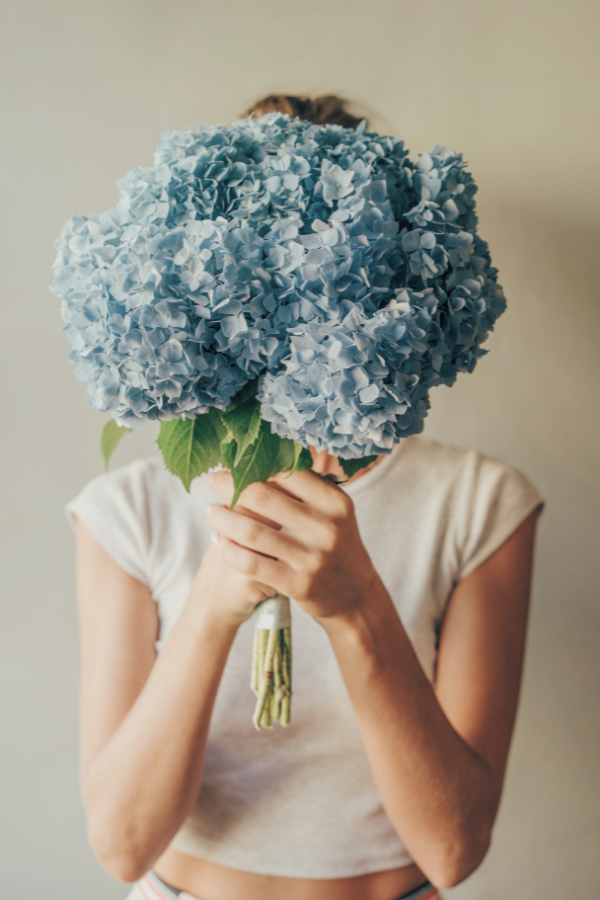

Known for their captivating clusters of blooms, hydrangeas are a fantastic option for those with allergies. These flowers have a low pollen count and a sturdy structure, minimizing the risk of triggering allergic reactions. Hydrangeas bring a touch of abundance and charm without compromising on sensitivity.
Snapdragons
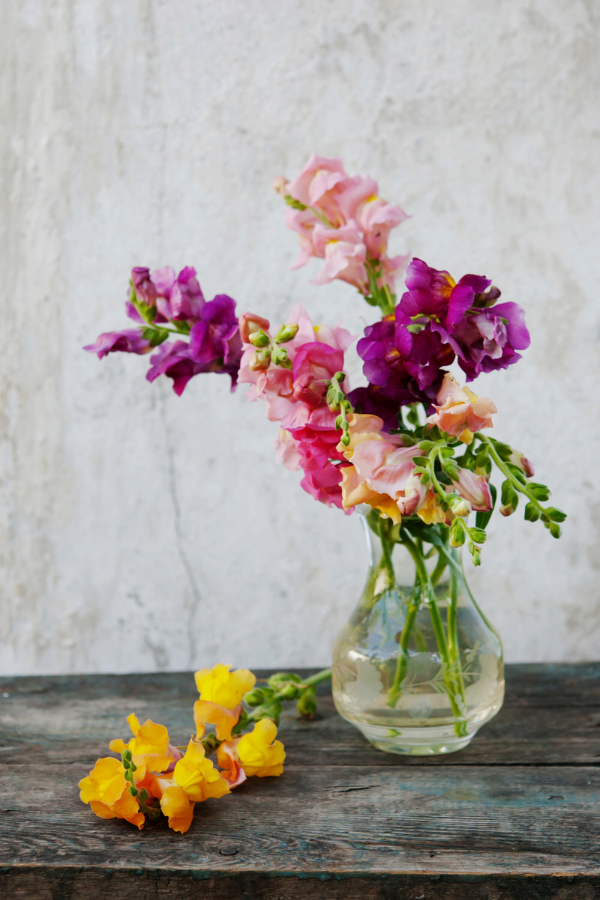

Snapdragon flowers, with their unique snap-like blooms, are not just whimsical but also rank among the best flowers for allergy sufferers. With a low pollen count, they are less likely to trigger allergic reactions, making them a safe addition to any floral arrangement, especially during allergy season. The playful appearance of snapdragons makes them suitable for gardens and various occasions.
Considerations When Choosing Flowers
Selecting flowers for someone with allergies requires thoughtful consideration to ensure a gift that delights rather than discomforts. Below are a few essential factors to bear in mind before gifting a friend flowers that might cause unpleasant reactions.
Scent Strength
Opt for flowers with a mild fragrance or, even better, those labeled as unscented. Strongly scented blooms may exacerbate allergy symptoms, so choosing varieties with subtle fragrances ensures a pleasant experience for the recipient, especially for hay fever sufferers.
Pollen Exposure
Keep an eye on the pollen factor. Flowers with less pollen or well-contained pollen structures are ideal for those with allergies. This reduces the risk of airborne particles triggering allergies. Hypoallergenic flowers, such as roses or tulips, are excellent choices, particularly for wedding flowers.
Petals Over Pollen
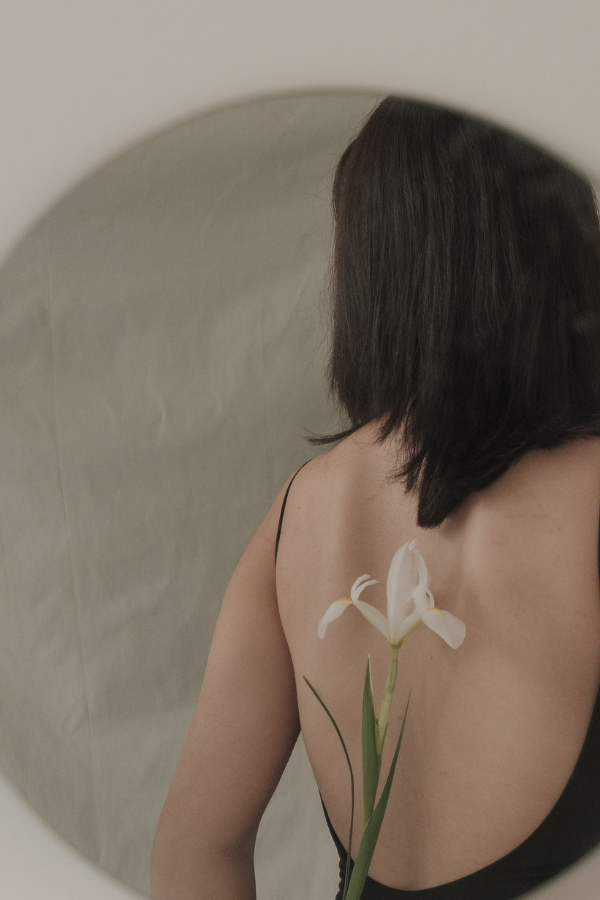

Prioritize blooms with a higher petal-to-pollen ratio. Many flowers like Asiatic lilies or daffodils may have larger, showier petals that minimize direct exposure to pollen, making them more suitable for allergy sufferers, including those with the most allergies.
Remove Stamens
Remove the stamens (the pollen-producing part) from the flowers before gifting. This significantly reduces the likelihood of pollen exposure, making them great hypoallergenic flowers.
Select Closed Blooms
Choose flowers in the bud stage or those with closed blooms. This ensures that the pollen hasn’t been released yet, minimizing the risk of allergic reactions. It’s a fantastic option for those looking for little pollen exposure.
Use Water-Filled Vases
Placing flowers in vases with water helps trap any stray pollen and prevents it from becoming airborne. Change the water regularly to maintain freshness, making them ideal for allergy-friendly flowers.
For a completely allergen-free option, consider high-quality artificial flowers. These can be just as visually appealing and won’t trigger any allergic reactions. Additionally, dried flowers are another excellent choice for those seeking allergy-friendly and long-lasting floral options. Consider these tips when selecting certain flowers for people with allergies, ensuring a thoughtful and allergy-friendly gesture.
Alternative Floral Gifts
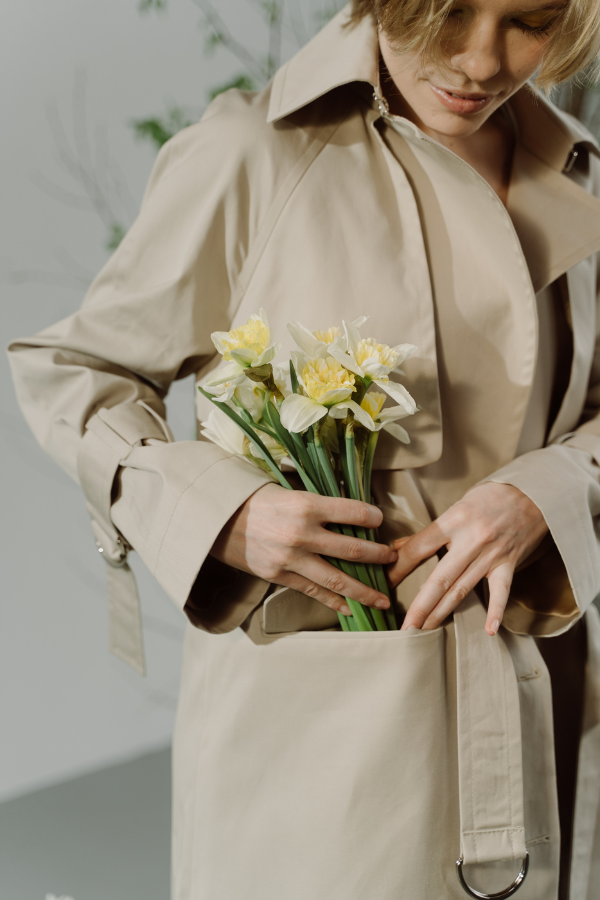

For those still sensitive to hypoallergenic flowers, fear not! There are creative alternatives that bring the beauty of blooms without triggering allergies. Consider the following options for a thoughtful gift that will not cause an allergic reaction.
Silk or Paper Flowers
Opt for the everlasting charm of silk or paper flowers. These exquisite alternatives capture the essence of real blooms without any allergens. Crafted with precision and care, they make for stunning, long-lasting arrangements that won’t induce sneezes.
Potted Plants (like Succulents)
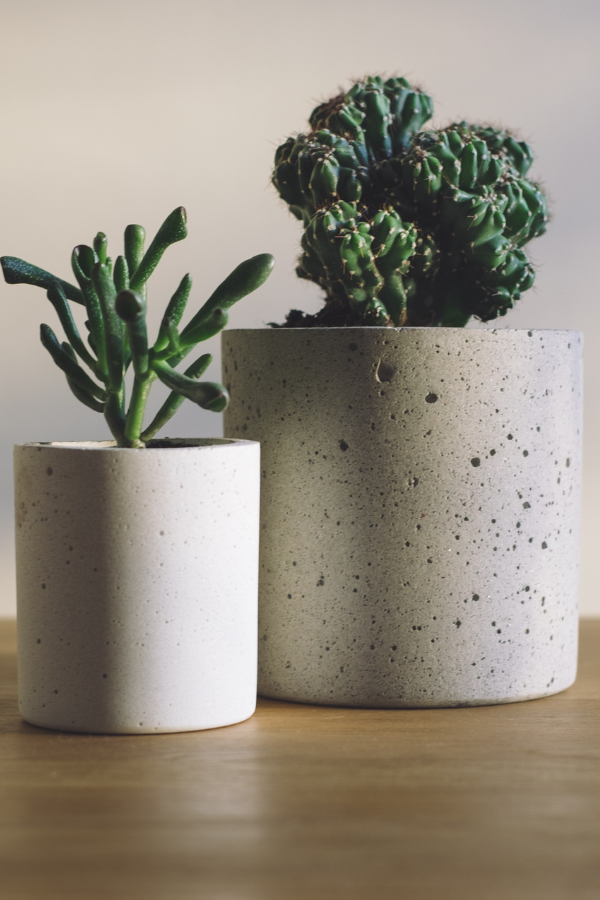

Embrace the green side with potted plants, such as resilient succulents. These hardy plants not only add a touch of nature to any space but also require minimal care. Perfect for those with allergies, succulents offer a lasting and allergy-friendly greenery solution. Ensure well draining soil for these plants, as they prefer moist but not overly wet conditions.
Floral-Themed Gifts
Explore a world of floral-themed gifts that go beyond traditional bouquets. Consider botanical-scented candles, floral-patterned decor, or even flower-shaped chocolates. These gifts showcase your thoughtfulness and consideration for the recipient’s sensitivities. Plus, they won’t attract bees or cause discomfort.
Dried Flower Arrangements
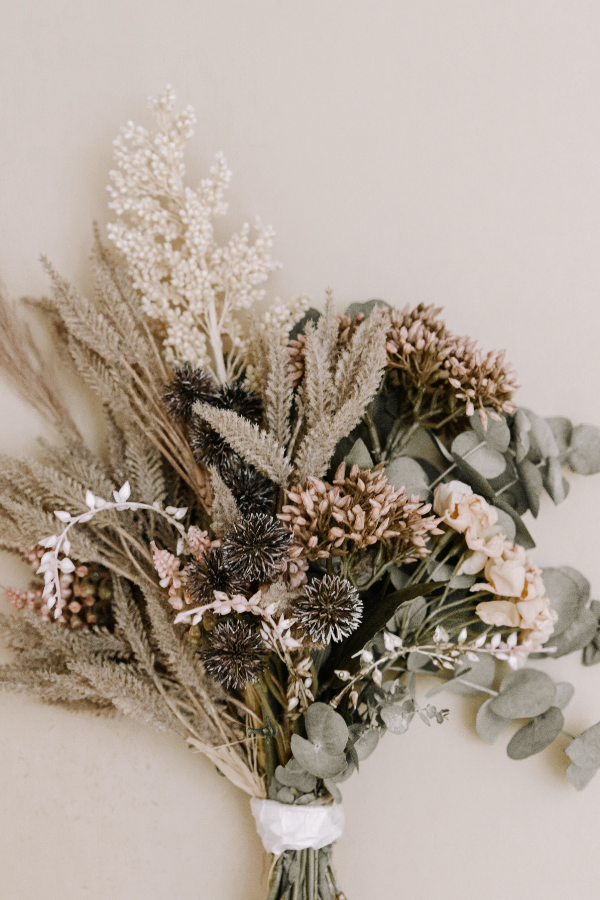

Choose the timeless beauty of dried flower arrangements. These arrangements maintain their elegance while eliminating the risk of allergens. They serve as a wonderful, long-lasting reminder of your sentiment, and many beautiful flowers can be used, including baby’s breath, which is often self-pollinating and low in pollen.
Personalized Gardening Kits
Encourage a love for blooms with personalized gardening kits. Tailor the kit to suit the recipient’s preferences, whether it’s cultivating their own flowers, herbs, or plants. It’s a gift that keeps on giving, fostering a connection to nature without the worry of allergies.
Terrariums
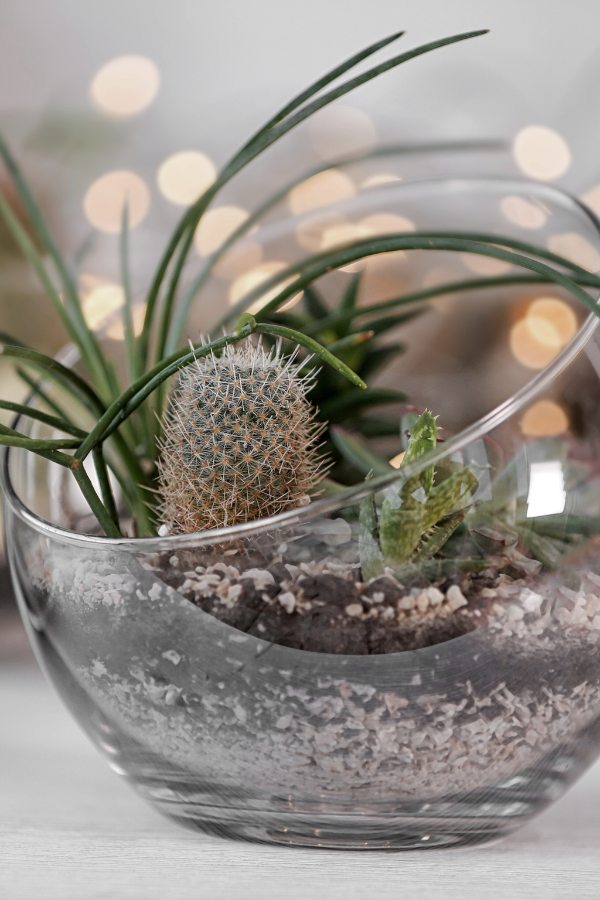

Bring a touch of enchantment with delicate terrariums. These miniature ecosystems, often featuring small plants, stones, and moss, add a unique and charming aesthetic to any space. Terrariums are low-maintenance and allergy-friendly, making them a delightful alternative. Opt for plants that are less likely to trigger allergies and thrive in well-contained environments.
Choosing one of these alternative floral gifts ensures that your gesture is not only thoughtful but also considerate of any sensitivities. Whether it’s the everlasting beauty of silk flowers or the green vitality of potted plants, there’s an allergy-friendly option for every occasion
Creating Allergy-Friendly Floral Arrangements
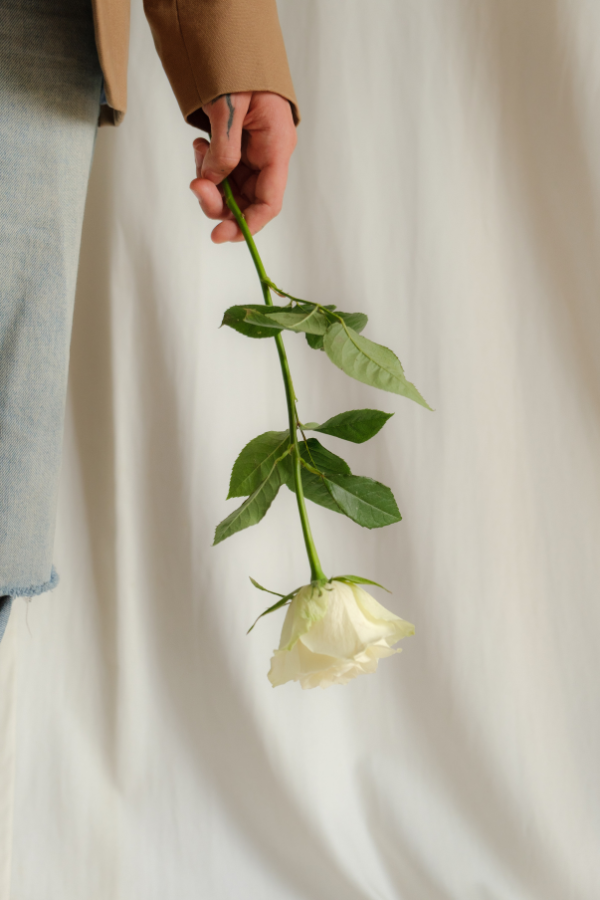

To create hypoallergenic floral arrangements, choose flowers with minimal pollen or tightly petaled varieties, such as roses, tulips, and orchids—considered the best flowers for allergies and suitable for various occasions, including wedding flowers. Opt for filler flowers that are not only visually appealing but also allergy-friendly, such as baby’s breath, which is a safe bet for creating beautiful blooms.
Incorporate allergy-friendly greens into your arrangement, selecting options like eucalyptus or ferns. These foliage choices are a year-round option that adds volume without triggering allergy issues. Avoid strongly scented blooms, especially during spring when pollen levels are higher. Consider alternatives like artificial flowers or dried elements for a lasting and allergy-friendly touch. Orchids, with their minimal pollen, are a great choice year-round.
Arrange flowers strategically to minimize direct exposure to pollen. Place flowers with higher petal-to-pollen ratios in the center, surrounded by hypoallergenic greens. This arrangement method is ideal for most allergy sufferers. Handle floral foam with care to avoid releasing particles into the air. Alternatively, consider using mechanics like chicken wire or floral frogs to secure stems in the arrangement without relying on foam, which can be an issue for those with allergy sensitivities.
Regularly change the water in your arrangement to maintain freshness and remove any stray pollen contained in the vase or around the base. This practice ensures your floral creation remains a beautiful and safe gift for those with allergies. By following these tips and considering the best flowers for allergies, you can consistently create stunning, allergy-friendly floral arrangements that are suitable for various occasions, whether you’re sending flowers or designing for year-round beauty.
Final Thoughts on Flowers for Allergy Sufferers
When gifting flowers, it is important to consider allergies to ensure that your gift is a source of delight rather than distress. Some flowers are more likely to trigger allergies than others, so it is best to choose hypoallergenic flowers whenever possible. Lilies, grasses, and other flowers that are known to trigger allergies should be avoided.
If you are not sure whether a flower is hypoallergenic, it is always best to err on the side of caution and choose a different flower. You can also ask the recipient if they have any allergies before giving them flowers. By taking these precautions, you can help to ensure that your gift is enjoyed by everyone.
By Armela E.







